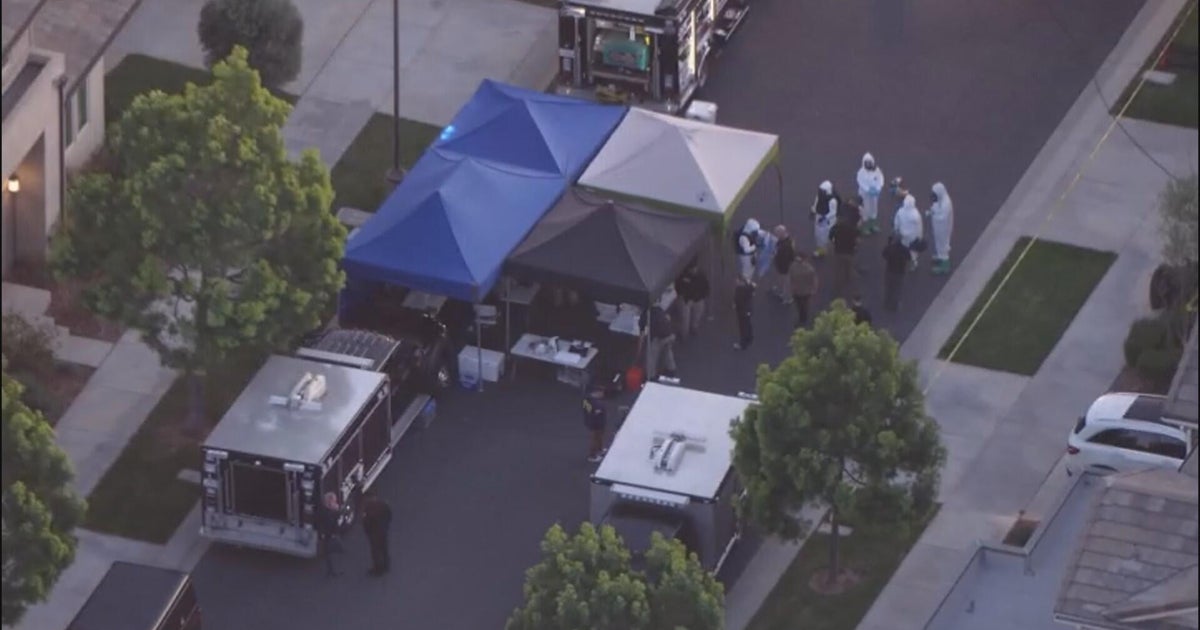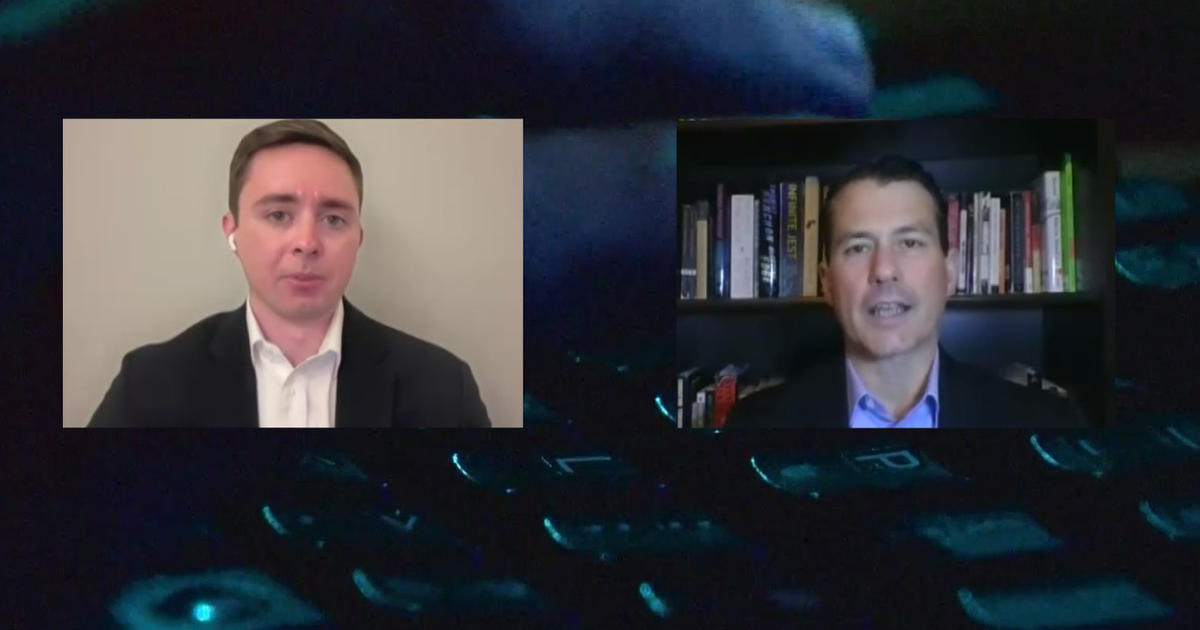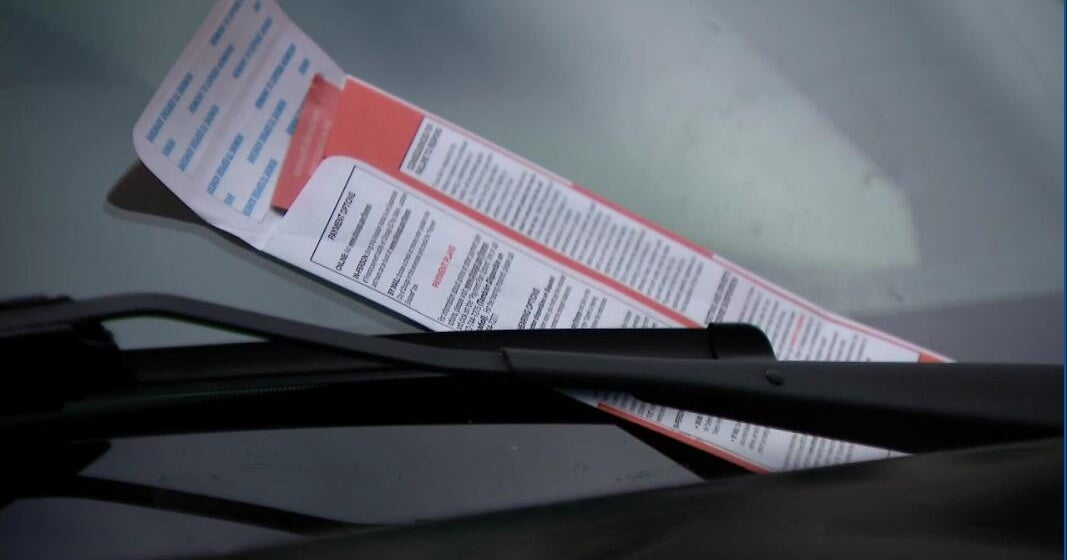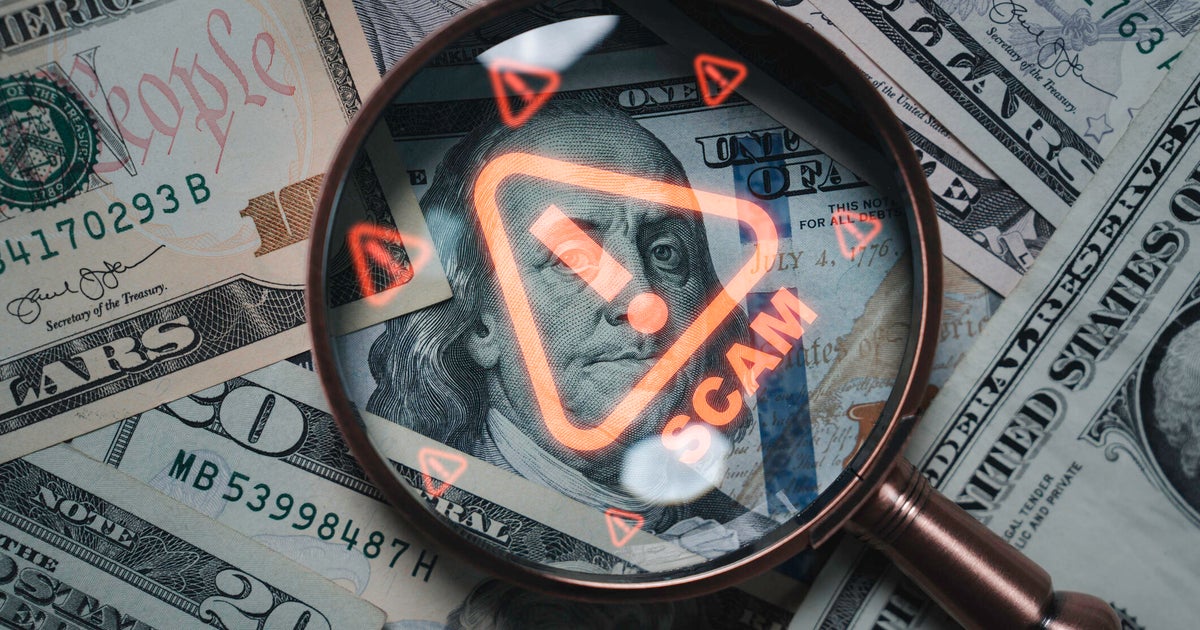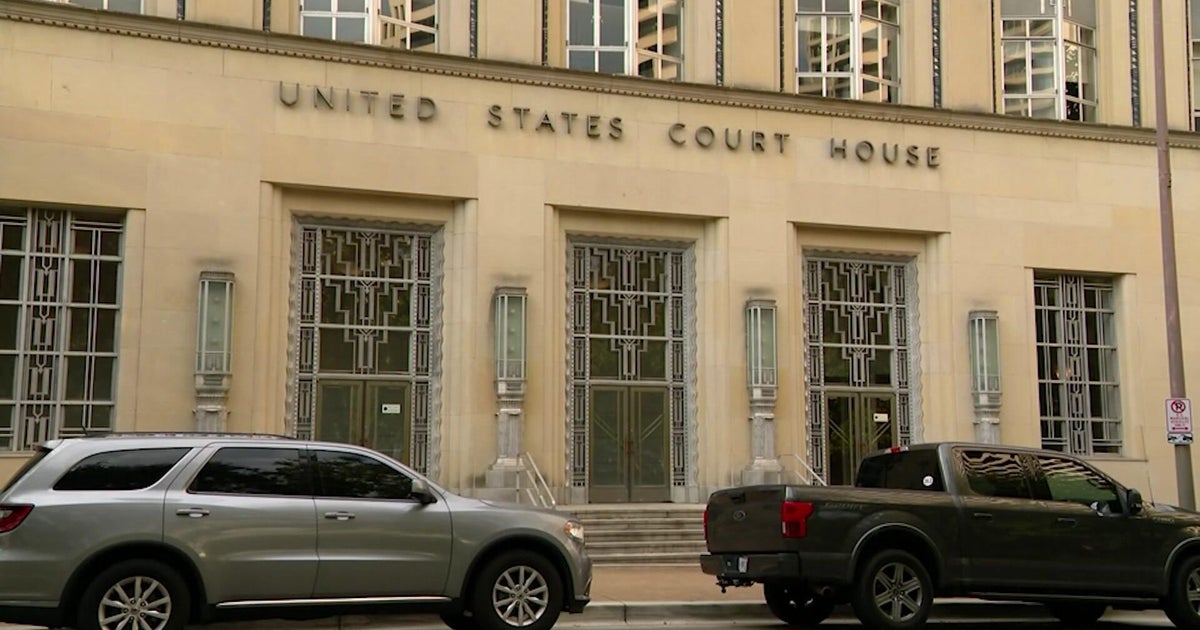Experts Warn Hackers Are Taking Advantage Of Many People Working Online From Home During The Pandemic
NEW YORK (CBSNewYork) -- The coronavirus pandemic has made more people dependent on technology and criminals have taken it as an opportunity to target people with online scams.
If you fall victim, your information could end up on the darknet.
CBS2's Andrea Grymes has more on what's being done to fight back.
"A lot of people are home and working from home. They're online, and it's just easier for hackers," said FBI Assistant Special Agent in Charge Mehtab Syed.
The FBI's latest Internet Crime Report for 2020 shows a record number of complaints: 791,790, a 69% increase from 2019. New York and New Jersey were among the top 10 states for victims, ranking fourth and ninth, respectively.
"Assume that your stuff is compromised," said Neal Bridges, chief content officer for tech training firm INE.
FLASHBACK: Sen. Schumer Pushing Bipartisan Bill That Would Help Protect School Districts From Cyber Attacks
Bridges is a former NSA hacker.
"Assume that you don't have any privacy on your Social Security number, on your driver's license, on your bank accounts," Bridges said.
The top cyber crime reported for 2020 was phishing scams, where victims are tricked into giving personal information through websites or emails that seem legitimate, but aren't.
The FBI said it also got thousands of complaints about COVID-19-related fraud, including targeting unemployment insurance.
"We are sounding an alarm because in Nassau County, we have seen over 2,100 complaints where people's identity was stolen, and then utilized to apply for unemployment benefits," Nassau County District Attorney Madeline Singas said.
READ MORE: Concerns Growing Over Zoom Bombing As Hackers Interrupt Meetings
Singas said her office set up a pipeline with the Department of Labor and are able to stop payments to scammers most of the time.
As Bridges showed CBS2, it's easy for criminals to buy hacked personal information on the darknet. It's a part of the web that is accessible with special software and predominantly used for criminal activity because of the anonymity it offers.
In just one example, for $130 you could buy the personal information of 22,000 New Jersey driver's license holders.
"You can see they provide you with three lines as a sample to prove that this data is real," Bridges said.
Grymes got in touch with one of the victims in the sample, who did not want to be on camera.
"I just wanted to tell you that it was on there," Grymes told the victim.
He had no idea his information was compromised on the darknet. Most people don't.
Bridges and the FBI said there's nothing you can do to completely protect yourself. But you can try to make yourself a harder target. Pay close attention to your credit reports. Make sure your passwords are complicated. Use extreme caution when communicating online.


